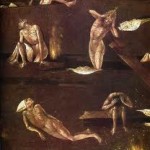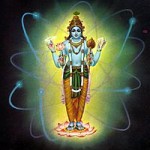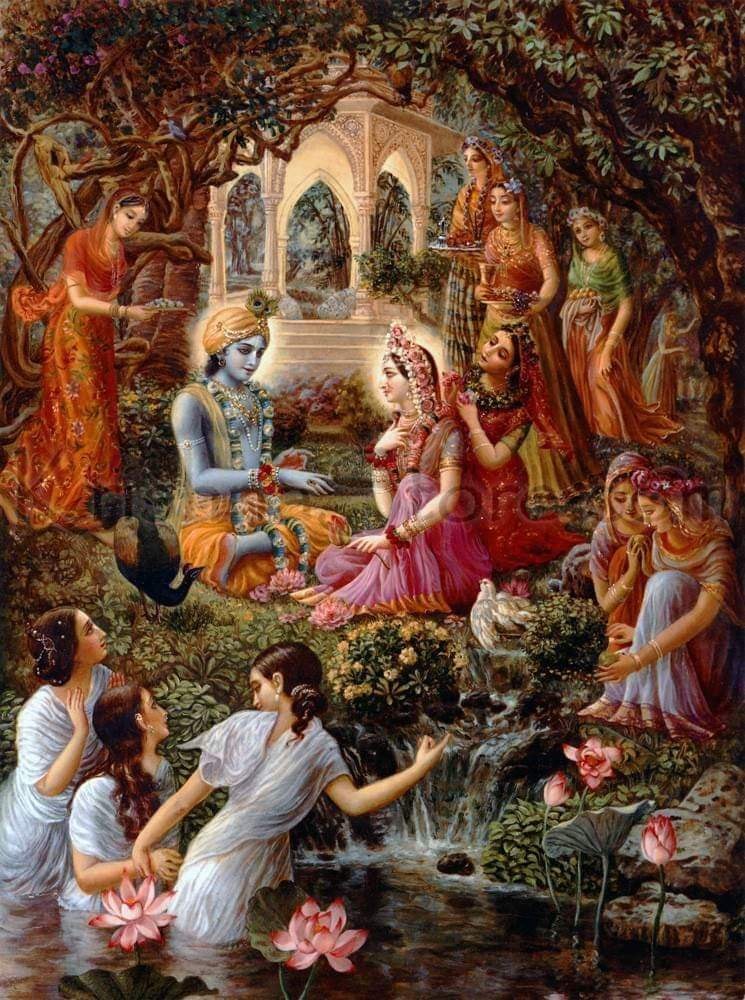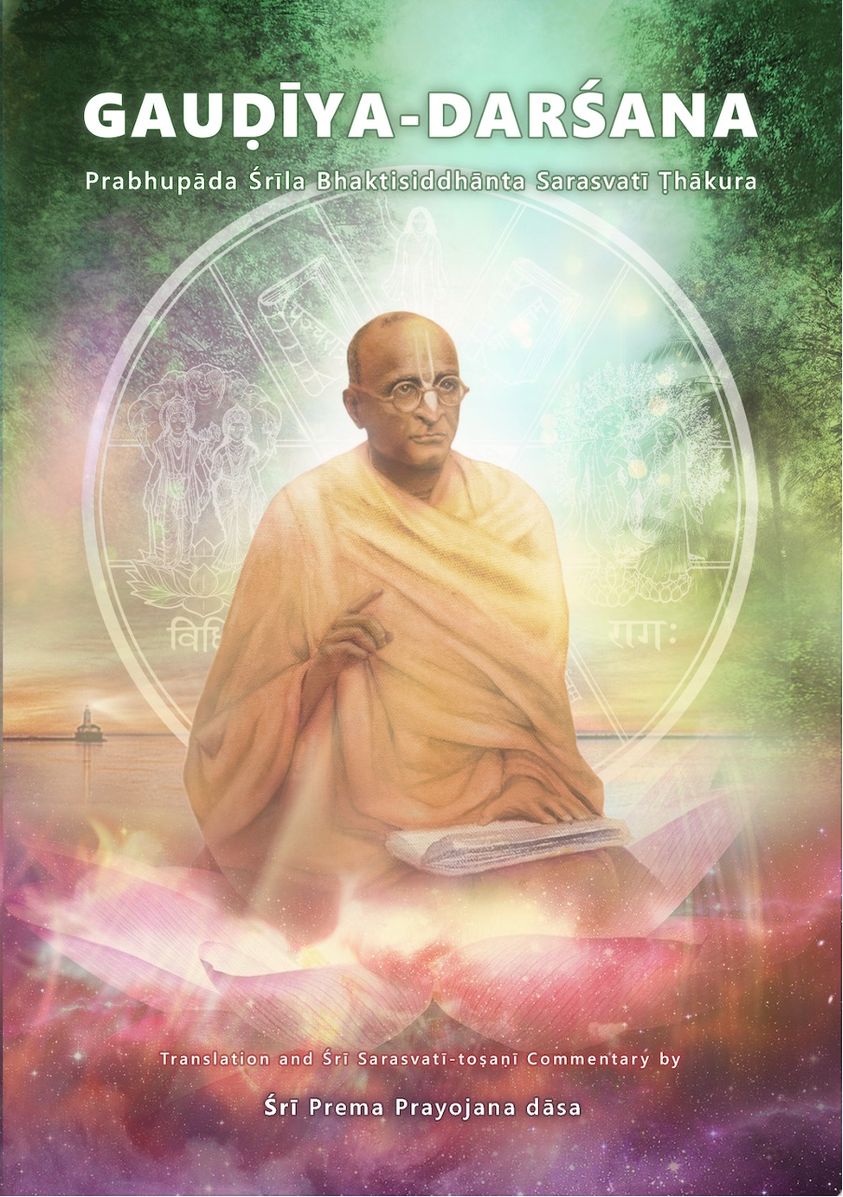Bhagavad Gita Chapter 2 Text 14
 Everything is temporary
Everything is temporary
O son of Kuntī, the non permanent appearance of happiness and distress, and their disappearance in due course, are like the appearance and disappearance of winter and summer seasons. They arise from sense perception, O scion of Bharata, and one must learn to tolerate them without being disturbed. Bhagavad Gita Chapter 2 Text 14 by Bhaktivedanta Swami Prabhupada
Sense perception is flickering and temporary
O Kaunteya, when the senses come in contact with the sense objects, one experiences cold, heat, happiness and distress. Such experiences are flickering and temporary, and therefore, O Bharata, you must learn to tolerate them. Bhagavad Gita Chapter 2 Text 14 by Bhaktivedanta Narayana Maharaja
 The forgetful soul
The forgetful soul
The perception of such ephemeral happiness and distress is due only to the forgetfulness of his qualities, which are equal to the Lord's. Bhaktivedanta Swami Prabhupada purport
Try to co-operate with the Lord
Since the spiritual world is a manifestation of the Lord's internal energy, the living beings within that internal potency are
qualitatively one with the Lord without contamination from the external potency. Although qualitatively one with the Lord, the living being, due to contamination of the material world, is perversely manifested, and therefore he experiences so-called happiness and distress in the material world. Such experiences are all ephemeral and do not affect the spirit soul. The perception of such ephemeral happiness and distress is due only to the forgetfulness of his qualities, which are equal to the Lord's. There is, however, a regular current from the Lord Himself, from within and without, by which to rectify the fallen condition of the living being. From within He corrects the desiring living beings as localized Paramātmā, and from without He corrects by His manifestations, the spiritual master and the revealed scriptures. One should look unto the Lord; one should not be disturbed by the so-called manifestations of happiness or distress, but he should try to cooperate with the Lord in His outward activities for correcting the fallen souls. From Srimad Bhagavatam Canto 1 Chapter 13 Text 48 Purport by Bhaktivedanta Swami Prabhupada
 One should tolerate the experience of these sense objects
One should tolerate the experience of these sense objects
Arjuna may tell Krishna, .What You have said is true. Yet, the troublesome mind of an indiscriminate person like myself, which is covered by grief and lamentation, is a source of misery. It is not only the mind which causes trouble. Through the impressions of the mind, the senses experience their respective sense objects. Thus the senses, such as the sense of touch, also become the cause of trouble.. For this reason, Krishna says “matra” indicating the sense objects that are accepted by the senses. The experience of such sense objects is called “sparsah” Sri Bhagavan explains “sitoshnah agamapayinah” .Although cool water gives pleasure in the summer, that same water is the cause of distress in winter. Therefore, knowing them to be temporary and flickering, one should tolerate the experience of these sense objects. From the Purport Bhagavad Gita Chapter 2 Text 14 by Srila Bhaktivedanta Narayana Maharaja
Give up bad company
One should give up the company of devils, demons and non devotees and should always associate with devotees and saintly persons. One should always act piously, thinking that this life is temporary, and not be attached to temporary happiness and distress. The Kṛṣṇa consciousness movement is teaching all of human society this principle of becoming Kṛṣṇa conscious and thus solving the problems of life forever (In Sanskrit: tyaktvā dehaṁ punar janma naiti mām eti so Arjuna. Srimad Bhagavatam Canto 10.Chapter 1 Text 44 Purport by Bhaktivedanta Swami Prabhupada


 Posted in
Posted in  Tags:
Tags: 








